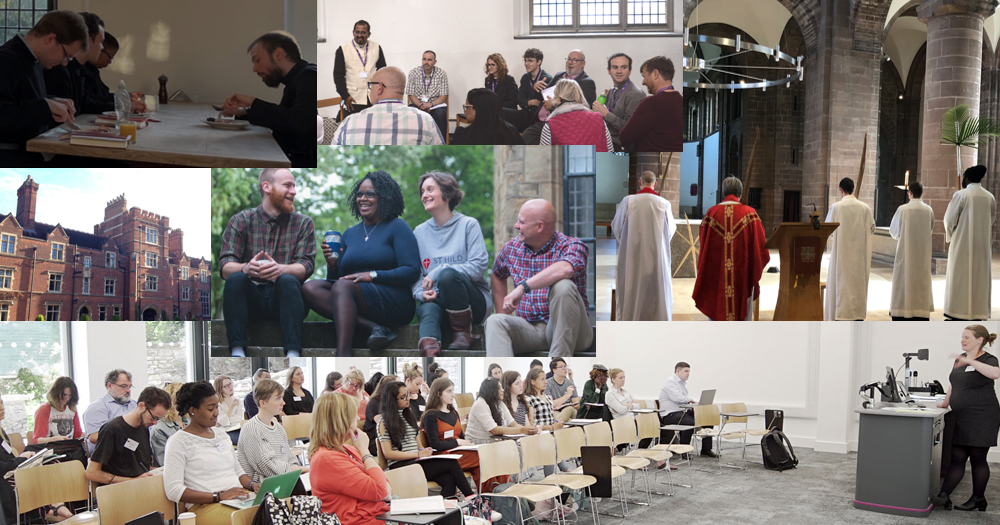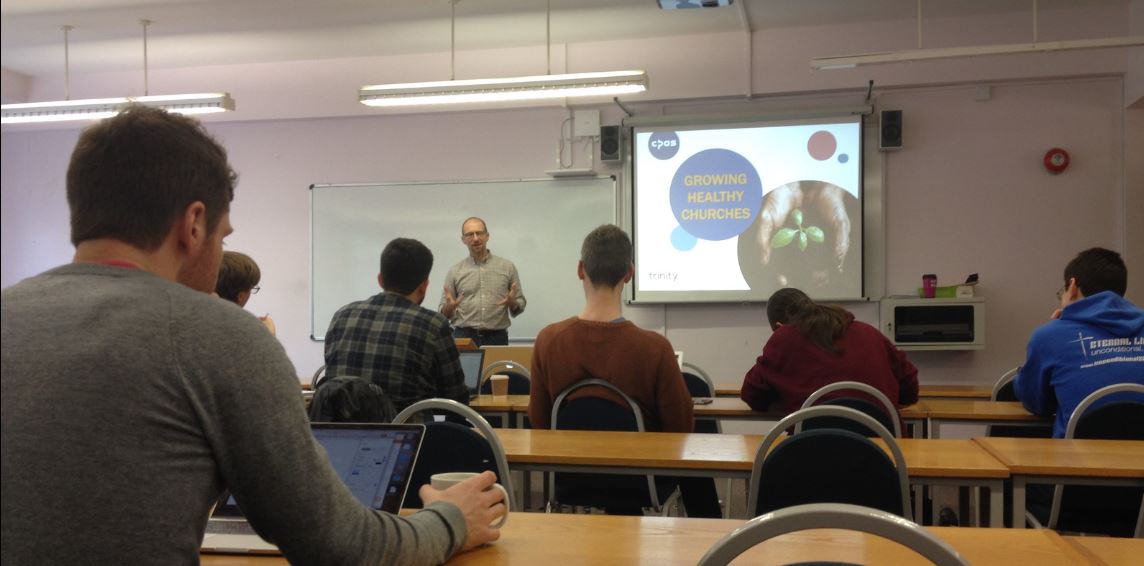When you attend a Stage 2 Panel in the new Shared Discernment Process (previously BAP), the outcome varies. This page is a guide to the training following a recommendation to go ahead with training. Remember that discernment continues through training and the final decision is made by the bishop shortly before your ordination. The college will provide regular reports on your progress to the bishop and DDV. Training is about formation, not just a course of academic study, and your time in formation extends past ordination into your curacy.
If you have been recommended to train by a Stage 2 Panel, you will need to consider carefully how and where to train for ordination. You should do this in conversation with the Diocesan Director of Vocations, who will take a number of factors into account, especially any particular points made by the Panel, your prior experience, and your family situation. The DDV normally visits all the theological colleges each year and can advise on suitability.
There are essentially three main ways training can be undertaken:
- Residential
- Non-residential
- Contextual
Residential Training
Residential training normally involves moving to a college in another part of the country and becoming a full-time student. For most ordinands this will be for two years, unless you are under 32. If you have prior theological training, then this may vary. Because of the way training is funded nationally, anyone who will be over fifty at the date of their ordination will train part-time, and most of those over forty currently train part-time.
Some ordinands are identified as having potential to become "theological educators" - those who will teach in colleges in coming years. They would normally expect to train residentially and they would probably do some post graduate study. This has to be formally agreed by a special panel.
Non-residential Training
Non-residential Training involves training part time at a local college, usually St Hild (on the Mirfield site near Huddersfield) and is normally for three years, unless you have prior theological education or are above a certain age which means you will be funded for two years only. The course meets on Wednesday evenings in term time, six residential weekends a year, and a one-week residentiary conference in Durham after Easter.
Those training for Self-Supporting Ministry (SSM) will usually train this way. Also, those aged 50 or above at the point of ordination need to train part-time.
Find out more about St Hild here.
Contextual Training
Contextual Training is full time training but with more time spent in a "placement" parish. In most cases this will be based at St Hild College, and you would stay in your own home during the course. This normally lasts for two years.
More Information
The Church of England's national vocations pages include some more information about training pathways here.
Financial support in training
If you are training part time, it is expected you would continue in your paid employment, unless you have extensive financial resources. For residential and contextual training, your training is full-time and you will receive financial support from The Church of England and from the Diocese. We cannot replace your previous salary in full, of course, but the Church of England's guidelines are intended to ensure that you have sufficient financial resources for basic living costs. There is a helpful guide here.
Which College?
The DDV will help you consider your options. There is a simple list of all the Church of England theological colleges here.

